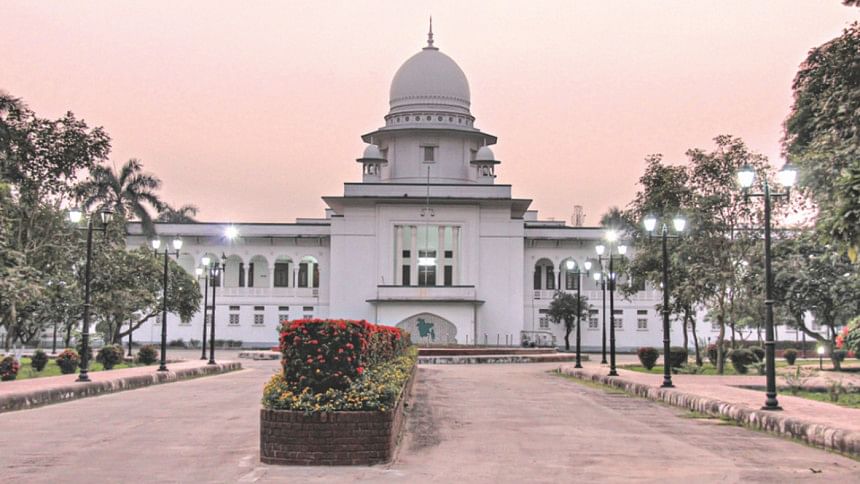Exercising judicial mind

Amidst a time of turmoil testing our unity, a good news on rights and justice appeared in the front page of The Daily Star on August 11, 2016. It was about the recent suo moto rule issued by a bench of high court on public humiliation of Narayanganj school teacher Shyamal Kanti Bhakta. It brings renewed hope for human rights defenders as they struggled to ensure justice for the victim head teacher. Earlier, there was little hope as the investigation officer made a report without implicating the masterminds responsible for the degrading treatment of the headmaster of Piyar Sattar Latif High School in Narayanganj. Interestingly, senior judicial magistrate in Narayanganj accepted the police report. In the suo moto rule, the bench of high court not only rejected the probe report, but directed chief metropolitan magistrate of Dhaka to conduct a fresh inquiry in order to find out the offence committed in its entirety and identify the real perpetrators.
It has been stated in Article 27 of the constitution, 'All citizens are equal before law and are entitled to equal protection of law'. It has further been stated in Article 31 'To enjoy the protection of the law, and to be treated in accordance with law, and only in accordance with law, is the inalienable right of every citizen, wherever he may be, and of every other person for the time being within Bangladesh, and in particular no action detrimental to the life, liberty, body, reputation or property of any person shall be taken except in accordance with law'. This suo moto rule has truly reflected the spirit of fundamental rights enshrined in the constitution of People's Republic of Bangladesh.
Moreover, constitution has provided high court controlling power over all courts and tribunals subordinate to it. . 'The High Court Division shall have superintendence and control over all courts and tribunals subordinate to it'- said in Article 109 of the constitution. One of the observation made by the bench is that judicial magistrate in Narayanganj accepted the police report without properly applying judicial mind. “Psychologists have learned that human beings rely on mental shortcuts, which psychologists often refer to as 'heuristics,' to make complex decisions. Reliance on these heuristics facilitates good judgement most of the time, but it can also produce systematic errors in judgement”- observed in Inside the Judicial Mind published by Cornell Law Faculty Publications.
Good thing is that a fresh inquiry has already been ordered.
The writer is a human rights worker.

 For all latest news, follow The Daily Star's Google News channel.
For all latest news, follow The Daily Star's Google News channel. 



Comments